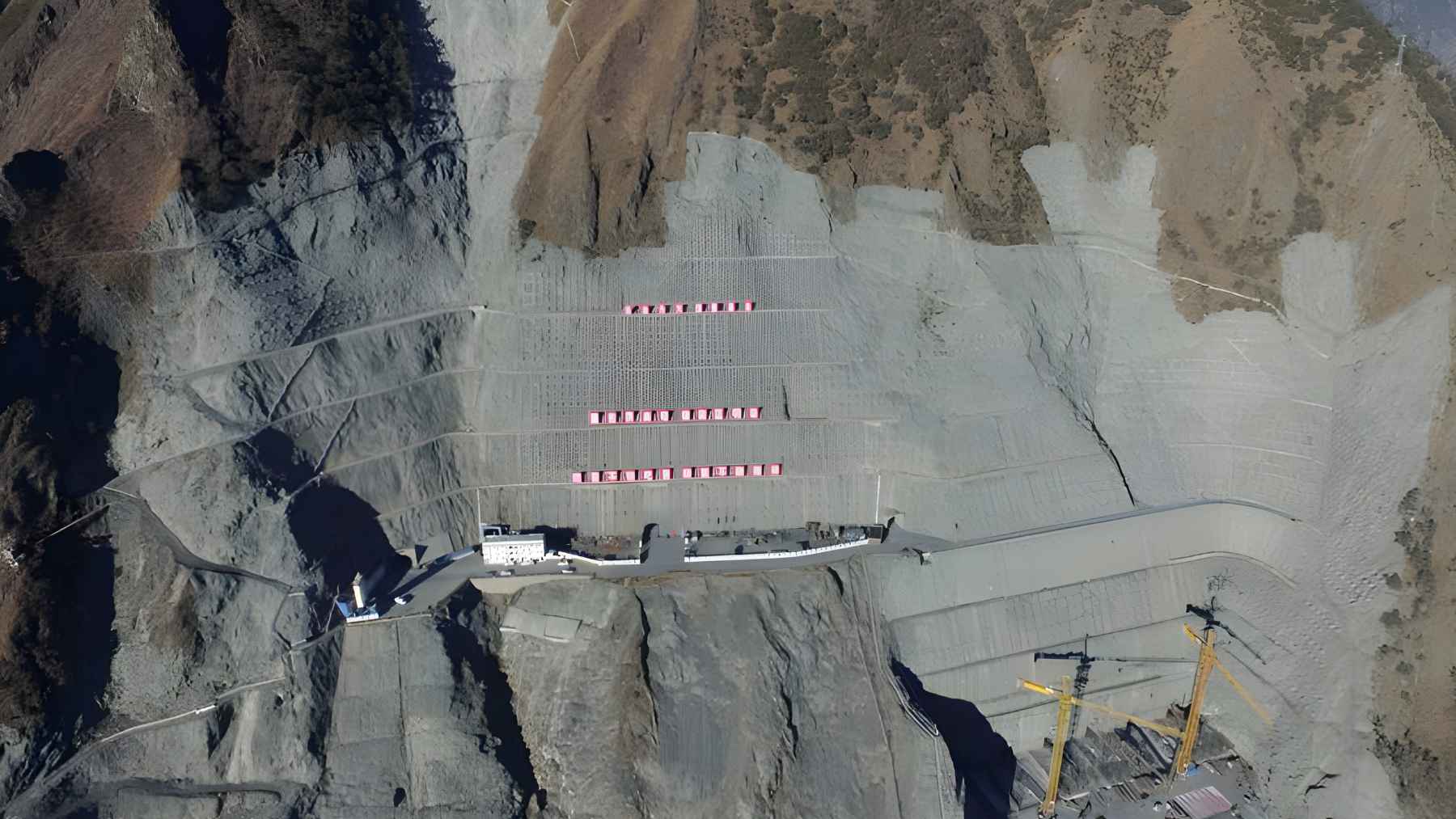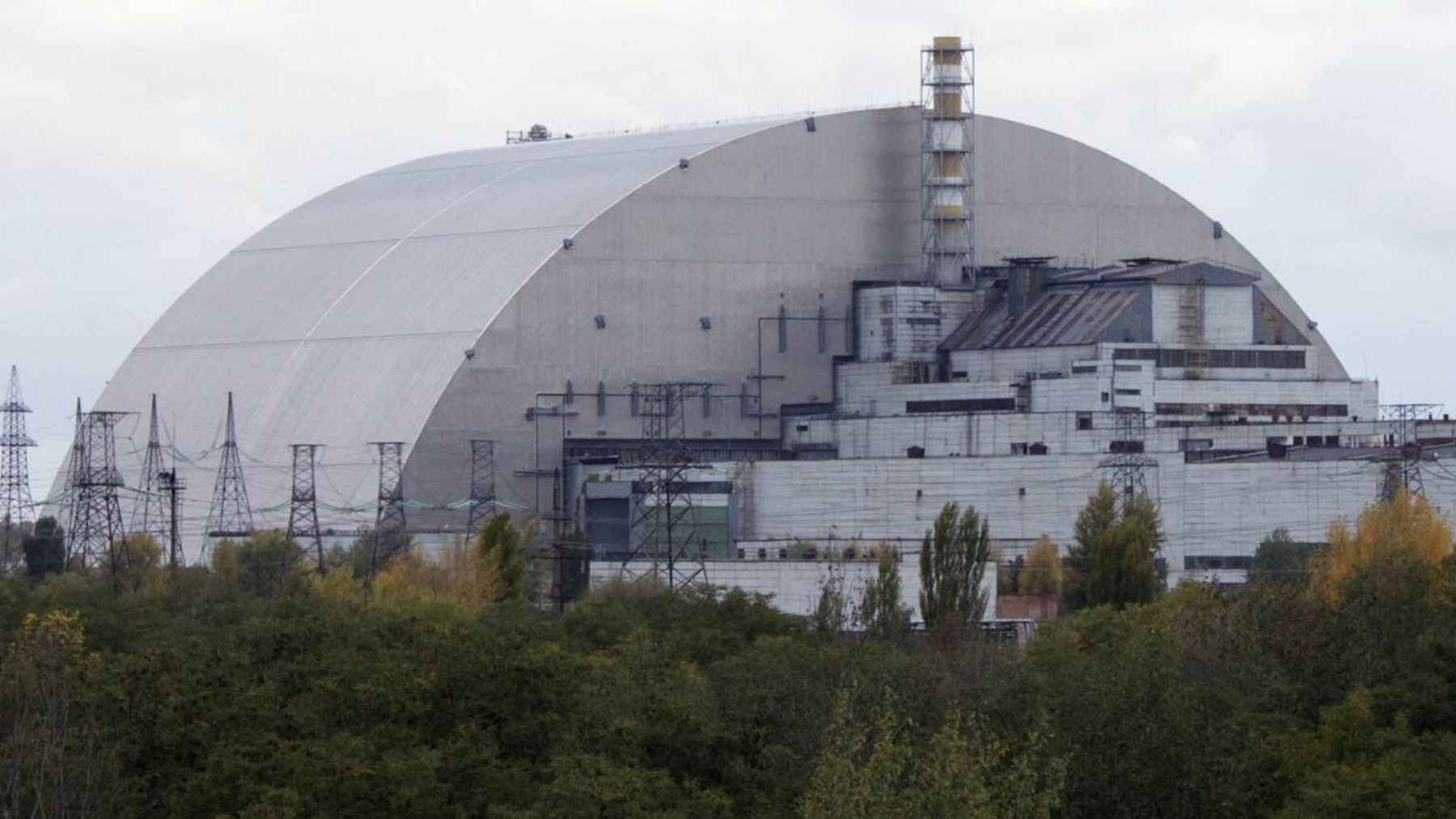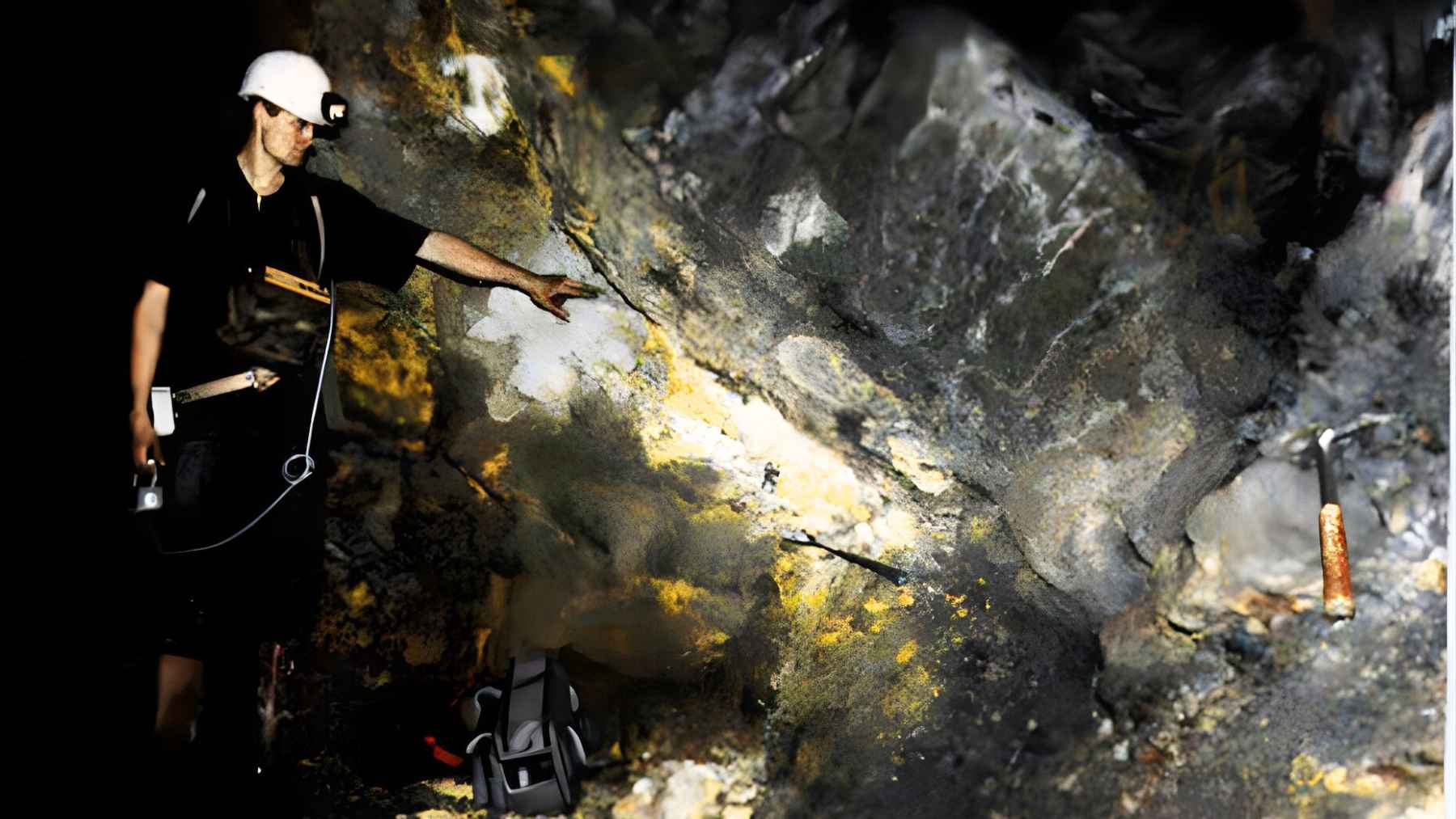China plans to “drink” in the atmosphere. While China will not literally drink the atmosphere, China is keen on addressing one of the gravest atmospheric problems: carbon dioxide (CO₂). Over the last 40 years, China has been involved in numerous ecological engineering and afforestation projects, resulting in a total reduction of 400 million tons of CO₂. China is not just stopping with the reduction of 400 million tons of CO₂ under its belt, but the country seeks to transform the CO₂ into vital food resources to address the issue of food insecurity as well.
400 million tons of CO₂ reduced in about 40 years
Within 40 years, China has made a concerted effort to preserve its natural ecosystems. It was back in 1980 that China put forth large afforestation campaigns, which included the Three-North Shelter Forest Program among other prominent programs. With such lucrative efforts in place, China has produced many green carbon-absorbing forests.
With a reduction of 400 million tons of CO₂ in 40 years, a reduction of about 16 billion tons of CO₂ will result in the next four decades. The reason China is engaging in afforestation efforts is to reverse the ecological damage and stabilize the carbon cycle. At the center of these reforestation projects lies improved soil quality, preserved biodiversity, and the fight against desertification. China is proving that while engaging in efforts to prevent climate change, the country can reap economic and ecological benefits as well. With forests absorbing large quantities of CO₂, China’s technological initiatives have come to the fore.
China is transforming CO₂ into a source of protein
Chinese scientists are looking at converting CO₂ into a high-protein food with advanced biotechnology. As per the study conducted at Xi’an Jiaotong University and the Tianjin Institute of Industrial Biotechnology, CO₂ and electricity will be converted into a single-cell protein (SCP).
- The system will convert CO₂ into acetate as per the anaerobic microbial electrosynthesis phase.
- In the second phase called aerobic bacteria the genus alcaligenes will consume this acetate to produce SCP.
After both phases, protein-rich biomass with a 74% protein yield will result. The protein produced is only suitable for animal feed but is also showing promising results in terms of being safe for human consumption. The food produced will be a plant-based alternative but a strong source of protein.
China is in this manner drinking the atmosphere by turning a harmful substance like CO₂ into a nutritious food source and in the process the country is addressing issues of food insecurity and climate change.
What environmental perks are on offer with aforestation?
A circular carbon economy is being created where CO₂ is not seen as toxic waste, but a form of feedstock. With fewer resources, minimal waste, and no need for balancing chemicals, China’s identified process is beneficial and sustainable.
The system reassesses how high-protein food can be produced. Moreover, astronauts aboard China’s Tiangong space station have been part of testing the conversion of CO₂ into oxygen and organic material by relying on principles of artificial photosynthesis. It is clear that the core premise of the system can be employed in other systems as well. While this may not unlock unlimited energy like China’s other projects can, it is a key strategy towards China becoming the global leader in sustainability efforts.
China is taking the lead in terms of global sustainability
China has utilized a strategy whereby climate change and food insecurity can be addressed. In the process, China is also planting billions of trees so as to engineer microbes responsible for turning CO₂ into a food source. The 40-year project has yielded noteworthy results and is combining natural ecosystems with synthetic biology. This, however, is not the only initiative that China is undertaking. China is also turning 12 trillion litres of water into energy in a project that is not the Three Gorges project.














